China's economy is expected to maintain growth momentum in the second half buoyed by strong policy stimulus measures and continuous technological innovation, said Jason Ding, managing partner of consultancy Bain &Co Greater China, while highlighting the company's long-term commitment to the Chinese market.
"We remain optimistic about China's economic outlook this year. From the first half of this year, we have already seen growth above expectations, driven by a lot of transformation efforts," Ding said.
China remains a key growth driver for the global economy, and 20 to 25 percent of global GDP growth is expected to come from China in the next 10 years, Ding said in an exclusive interview with China Daily.
For the rest of the year, Ding said he hopes growth momentum will pick up with the support of new government policies and recovery of many sectors going forward, adding, "The new driver will come from technology and innovation, instead of from the traditional exports or infrastructure investment."
Ding said the company is confident about the Chinese economy's potential and resilience fueled by the country's well-educated population, leading manufacturing bases and the most efficient and agile supply chains in the world, despite pressures and challenges both at home and abroad.
"All the multinationals cannot ignore China. They have to be engaged in China and also win in China to truly become a global leader. Our company is also very committed to investing and growing with our clients in China," he said.
Ding also underlined the significance of strengthening protection of intellectual property rights so that foreign firms will be more willing to put their latest technologies into play in China.
China should also attract more talent from around the globe in order to build the best teams to operate in China, he added.
"I think China is moving in the right direction. The recent relaxation of travel visa requirements for a lot of countries, including more developed countries, is an extremely welcoming signal."
As for the European Union's plan to impose additional duties on imports of Chinese electric vehicles, Ding said a one-sided tariff is counterproductive, and he is very glad to see both sides have announced that they will sit down and try to find a solution to China's EV exports to Europe.
He emphasized that Chinese EV products have become so successful and competitive, not due to the result of subsidies.
"It is because of the vast industry manufacturing capability. China has already coupled with innovation of battery technology in production, and these made Chinese EVs so competitive."
Moreover, generative artificial intelligence technology is spearheading a new round of industrial transformation and upgrade since the launch of ChatGPT, an AI chatbot from US-based company OpenAI that took the world by storm in late 2022.
"We are still at the early stages of the AI revolution in history. Whenever a new technology emerges, it will take quite some time for it to be truly embedded in all different sectors and eventually transform the whole of society," Ding said, adding that there will be wider adoption of generative AI in China given that the country has gained competitive advantages in the application of AI tech.
China will continue to play a crucial role in driving global economic growth and safeguarding the security and stability of global industrial and supply chains, said Zhang Jianping, director of the China Center for Regional Economic Cooperation, which is part of the Chinese Academy of International Trade and Economic Cooperation.
A series of supportive policies aimed at drawing in more foreign investment, such as a shortened negative list for market entry and establishing more pilot free trade zones, have created favorable conditions for foreign businesses to invest in China, Zhang said.








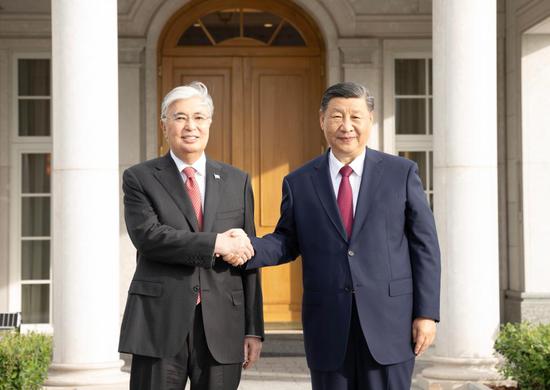
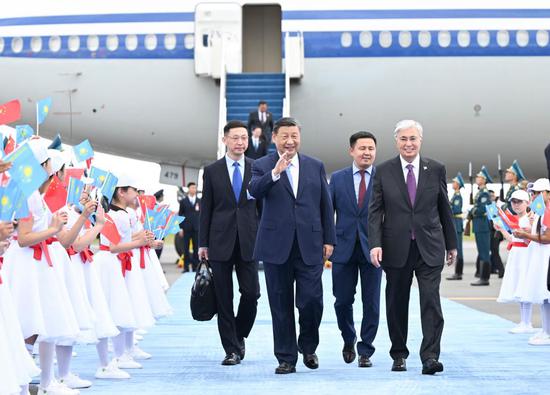
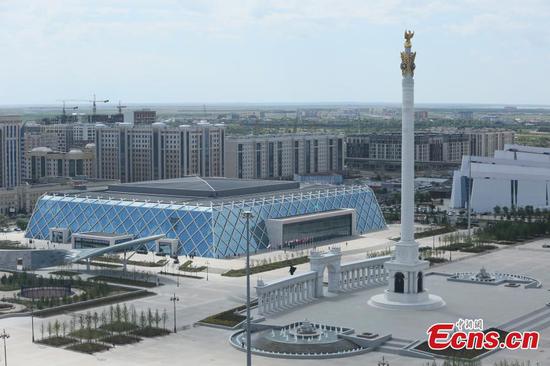


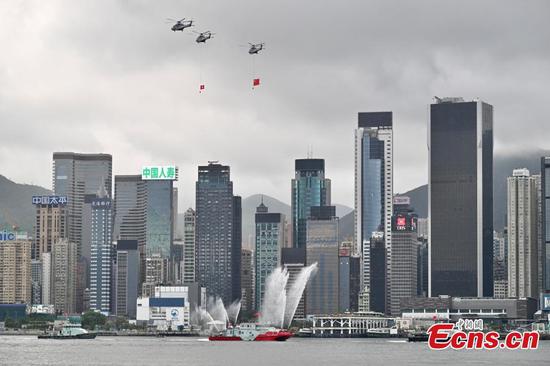
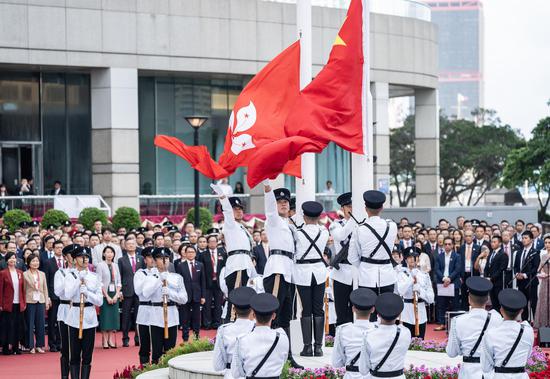


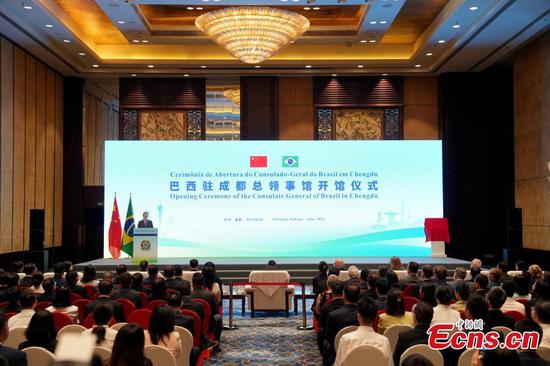
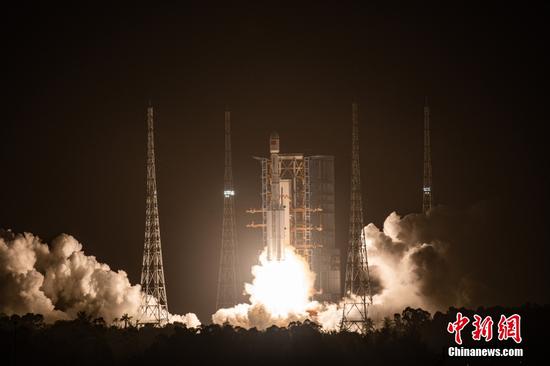
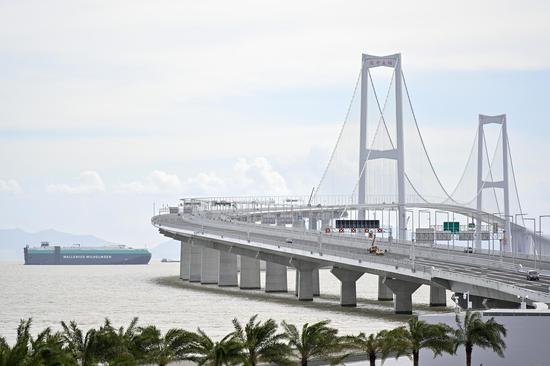

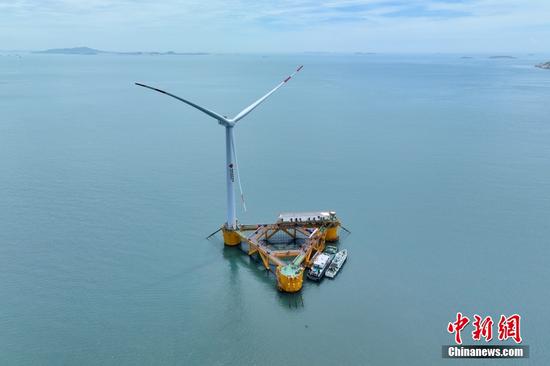
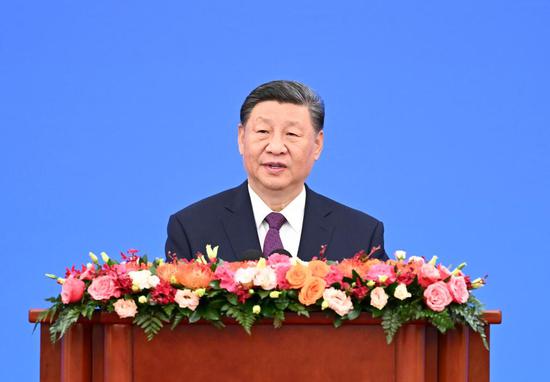

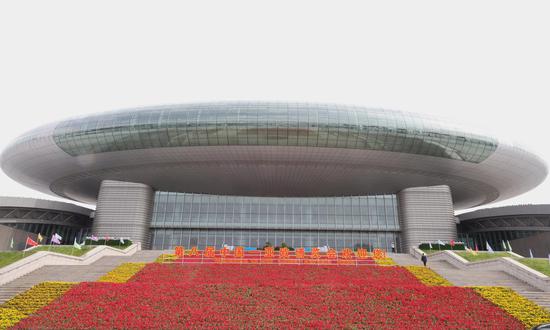


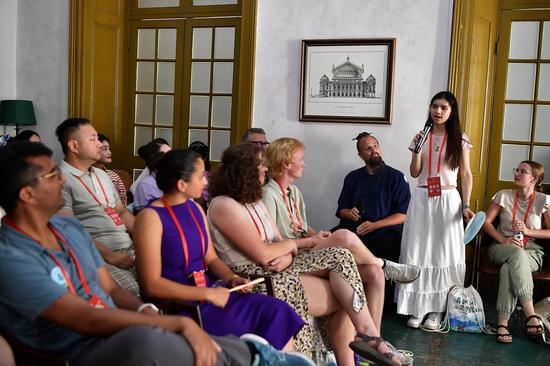
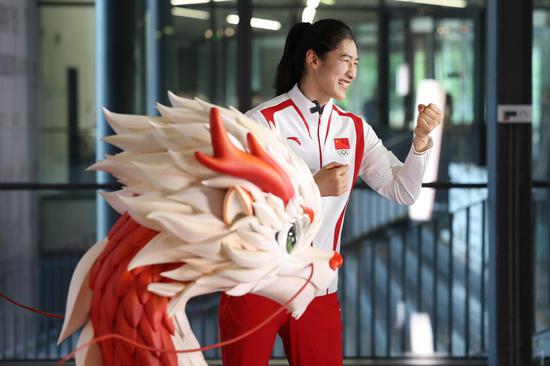
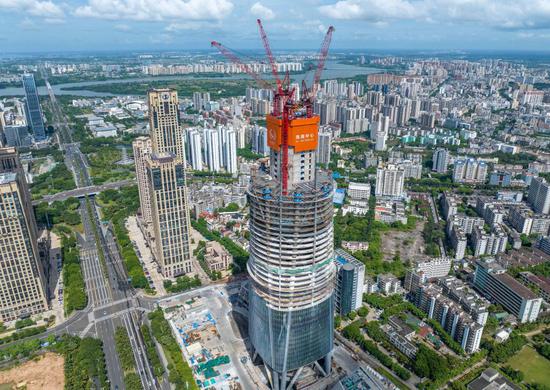
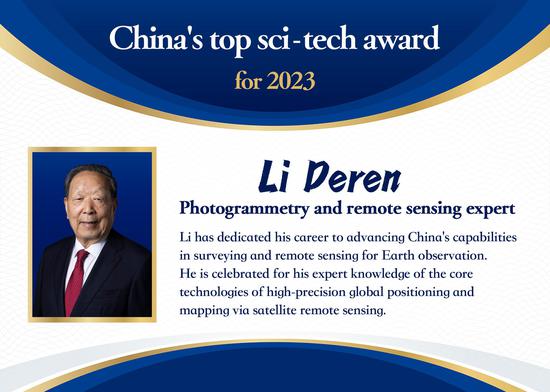
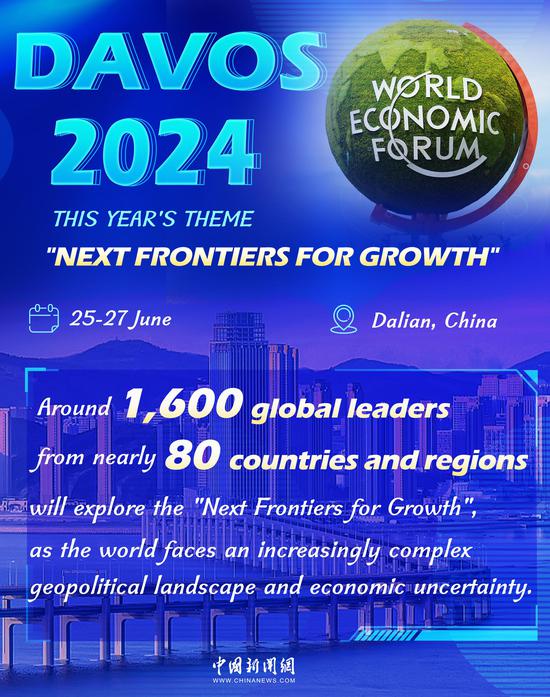

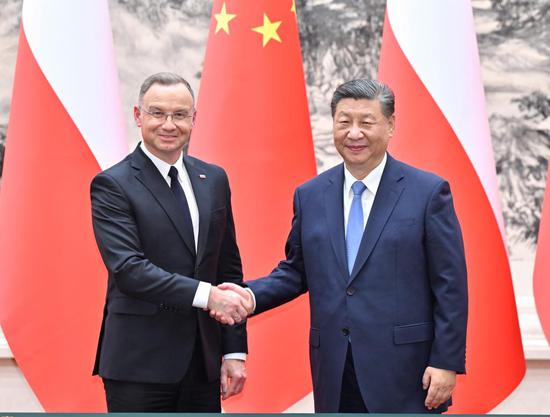

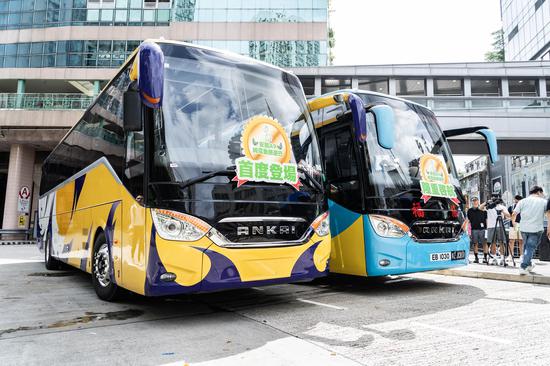



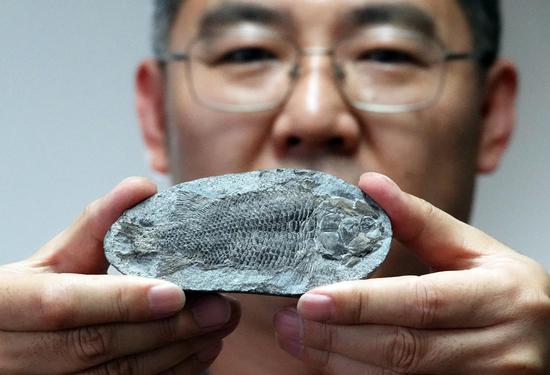
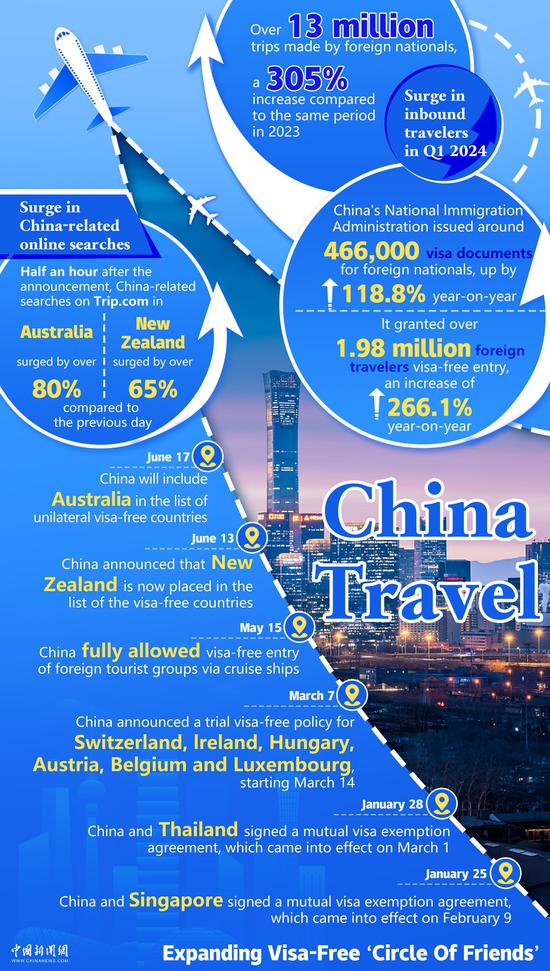









 京公网安备 11010202009201号
京公网安备 11010202009201号